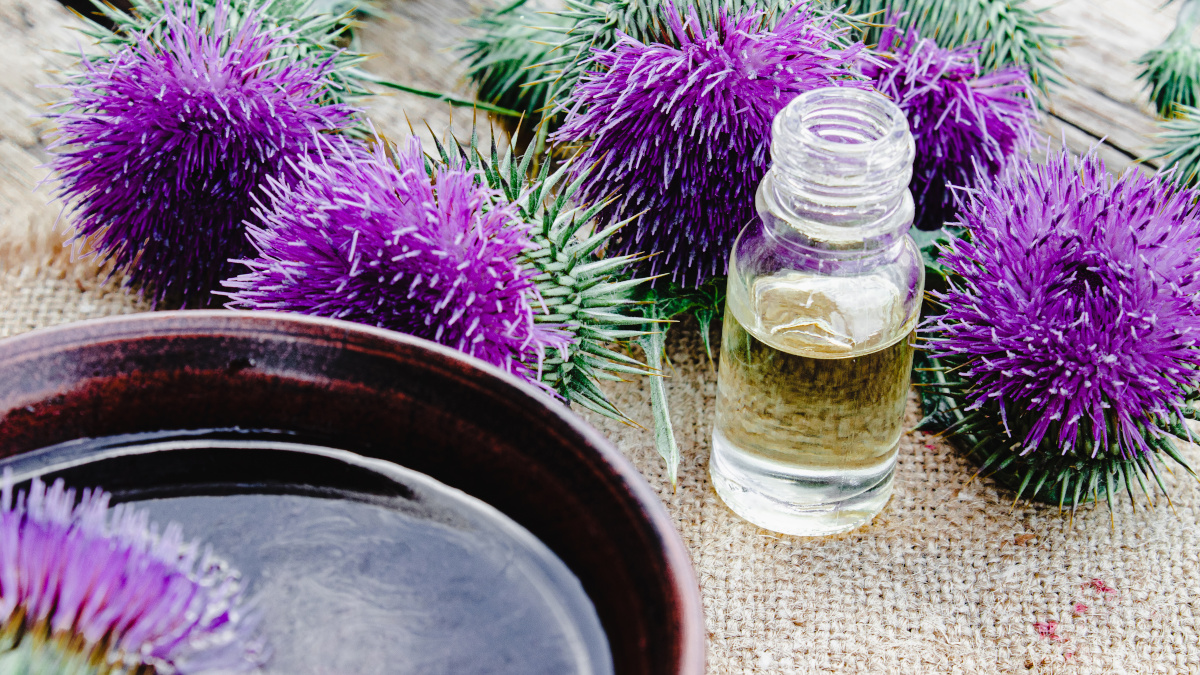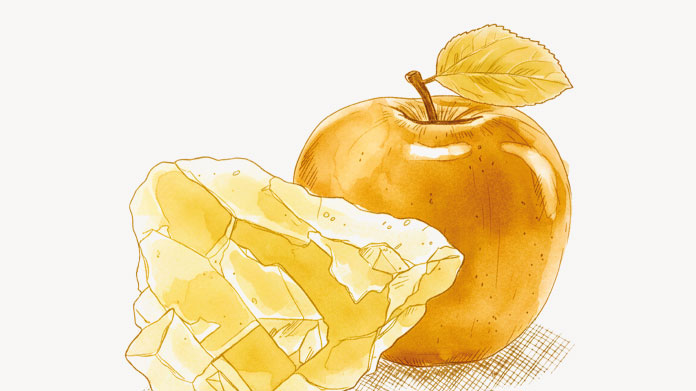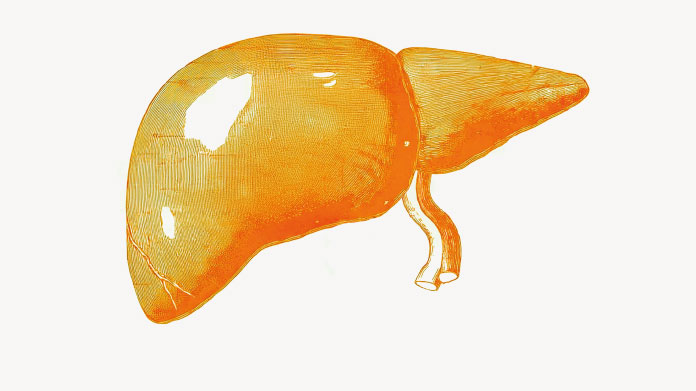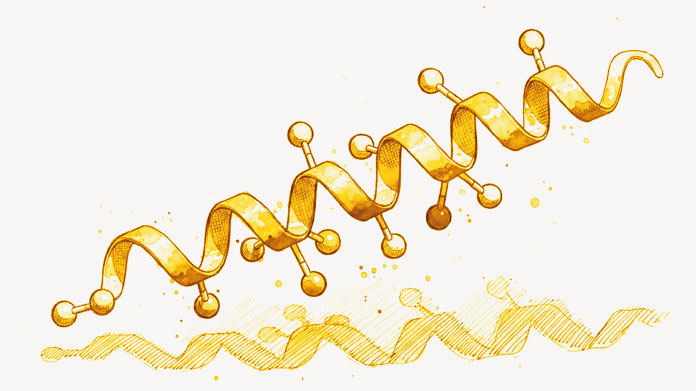The 7 best detox plants for the liver
The liver is a crucial organ for purifying the body. Taking certain plant extracts with detoxifying properties can help it function at its best: discover the 7 most effective of these plants.

The cleansing effect of artichoke
The artichoke (Cynara scolymus) is what’s known as a kitchen garden plant. In cooking, it is only the flower buds which are eaten as this is the most fleshy, tender part of the plant. But it’s the leaves, which grow all along the stem, that are used in phytotherapy as they contain the highest concentration of all the plant’s active ingredients.
Since ancient times, the artichoke has been known for its cleansing properties. When you consume this plant, you are supporting the health of your liver by stimulating its bile-secreting and then bile-eliminating functions (1).
A super-food for the liver: chlorella
A type of freshwater algae, chlorella (Chlorella pyrenoidosa) is a single-celled plant which derives both its name and its beautiful green colour from its high concentration in chlorophyll. With numerous vitamins, mineral salts and trace-elements, chlorella is considered a ‘super-food’ (2).
What’s more, it contains phenolic compoundsbeneficial for liver function. It’s available in supplement form (such as the product Chlorella).
Detox with milk thistle
Milk thistle (Silybum marianum) is native to the Mediterranean basin. The plant’s seeds and leaves can be consumed. In phytotherapy, it is known to promote good liver health(3).
Milk thistle contains, in particular, the substance silymarin (of which the liver-support supplement Silyplus is composed, and which can also be found in the synergistic formulation Rehab along with extracts of pomegranate, kudzu and Chrysantellum...)
Kutki or Picrorhiza kurroa royle
Kutki (Picrorhiza kurroa royle) grows exclusively on the slopes of the Himalayas in Nepal and is thus little known in Europe.
But this perennial plant has long been used in Ayurvedic medicine to combat liver damage (4).
Black pepper and liver health
Indigenous to the world’s tropical regions, the the black pepper vine (Piper nigrum) produces a berry known as a peppercorn which is widely used in cooking. In addition to its pleasant taste, black pepper contains piperine, an active ingredient which supports immunity, digestion and liver health(5).
To increase your intake, choose a supplement with a high content of natural piperine.
The liver-protective properties of desmodium
Desmodium is a plant from West Africa, the stem and leaves of which are used for their therapeutic properties. The phytonutrients in desmodium have liver-protective effects(6).
This plant is therefore used for enhancing the liver’s natural detoxification process. It usually comes in the form of a liquid extract (such as Desmo Forte).
Check out schisandra’s detox berries
The plant Schisandra (Schisandra chinensis) produces red berries which have beneficial properties. A feature of traditional Asian medicine for centuries, schisandra helps to normalise liver health
To benefit from its properties and support your liver, supplement regularly with schisandra extract capsules.
Try a liver-specific synergistic formulation
You can obtain the benefits of many of the above-mentioned plants (artichoke, milk thistle, chlorella, kutki...), by opting for a single synergistic formulation packed with detox ingredients: Liver Support Formula.
Bonus: choline and liver health
In addition to these plant extracts, we’d also draw your attention to choline. This nutrient is essential to health as it helps to maintain normal liver function(8). Choline is actually produced naturally by the liver but at insufficient levels, so it’s important to obtain it from the diet. To ensure an adequate intake, you can also take a choline supplement.
References
- Panahi Y, Kianpour P, Mohtashami R, Atkin SL, Butler AE, Jafari R, Badeli R, Sahebkar A. Efficacy of artichoke leaf extract in non-alcoholic fatty liver disease: A pilot double-blind randomized controlled trial. Phytother Res. 2018 Jul;32(7):1382-1387. doi: 10.1002/ptr.6073. Epub 2018 Mar 9. PMID: 29520889.
- Bito T, Okumura E, Fujishima M, Watanabe F. Potential of Chlorella as a Dietary Supplement to Promote Human Health. Nutrients. 2020;12(9):2524. Published 2020 Aug 20. doi:10.3390/nu12092524
- Abenavoli L, Capasso R, Milic N, Capasso F. Milk thistle in liver diseases: past, present, future. Phytother Res. 2010 Oct;24(10):1423-32. doi: 10.1002/ptr.3207. PMID: 20564545.
- Vaidya AB, Antarkar DS, Doshi JC, Bhatt AD, Ramesh V, Vora PV, Perissond D, Baxi AJ, Kale PM. Picrorhiza kurroa (Kutaki) Royle ex Benth as a hepatoprotective agent--experimental & clinical studies. J Postgrad Med. 1996 Oct-Dec;42(4):105-8. PMID: 9715310.
- Choi S, Choi Y, Choi Y, Kim S, Jang J, Park T. Piperine reverses high fat diet-induced hepatic steatosis and insulin resistance in mice. Food Chem. 2013 Dec 15;141(4):3627-35. doi: 10.1016/j.foodchem.2013.06.028. Epub 2013 Jun 17. PMID: 23993530.
- Kalyani GA, Ramesh CK, Krishna V. Hepatoprotective and Antioxidant Activities of Desmodium Triquetrum DC. Indian J Pharm Sci. 2011;73(4):463-466. doi:10.4103/0250-474X.95652
- Nowak A, Zakłos-Szyda M, Błasiak J, Nowak A, Zhang Z, Zhang B. Potential of Schisandra chinensis (Turcz.) Baill. in Human Health and Nutrition: A Review of Current Knowledge and Therapeutic Perspectives. Nutrients. 2019;11(2):333. Published 2019 Feb 4. doi:10.3390/nu11020333
- Wallace TC, Blusztajn JK, Caudill MA, et al. Chol.: The Underconsumed and Underappreciated Essential Nutrient. Nutr Today. 2018;53(6):240-253. doi:10.1097/NT.0000000000000302
Keywords
4 Days
very good expereince
very good expereince
Jelena Đaković
4 Days
Very good products.
Very good products.
Agnes BENDSAK
6 Days
Just OK
Just OK, ordering from company for many years and being safisfied
Lynn Mae
7 Days
Recomendo
Produtos encomendados são recebidos atempadamente e de acordo com o anunciado! Muito satisfeita!
Carla Sofia
7 Days
Everything is great!
Everything is great!
Jonas
12 Days
The delivery was fast and the product…
The delivery was fast and the product is great
SOMMARIVA Gianni
13 Days
Great service and lots of information
Great service and lots of information
Gabi
16 Days
Service Satisfaction
I’m satisfied with the service; it fulfilled what it set out to do.
Anfhony Abreu
19 Days
Original product and fast delivery
Original product and fast delivery. I haven't started it yet, but will do soon.
Vincenza Catania
22 Days
Good quality
Good quality. Good service.
Leonel Guzman
24 Days
Top!!!!!!!!
Top!!!!!!!!
Michael
26 Days
Excellent!
Products are great and delivered fast!
PARDINI Debora
27 Days
From order to receive the product
From order to receive the product, the process is smooth & fast. It’s good to customers.
WONG Mei Ling
28 Days
Fast delivery
very quick delivery to italy. product is good.
Customer
29 Days
Prompt delivry !!👍
Prompt delivry !!👍
SWEET Christine
of experience
your money back
##montant## purchase




